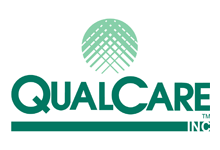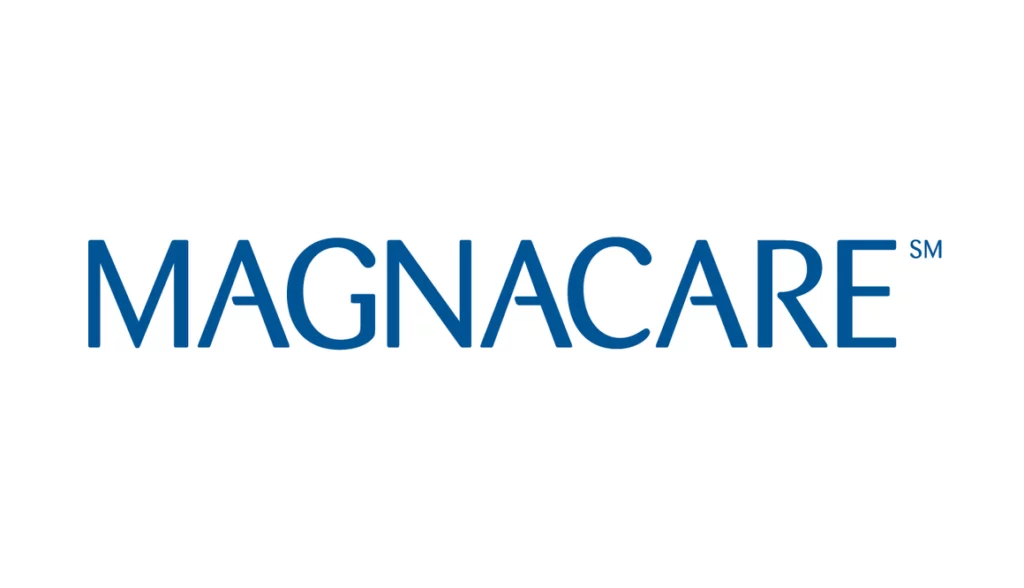Preferred Provider for Artificial Disc Replacement Spine Surgery in New Jersey
Herniated disc and degenerative disc disease are the most common spine conditions treated by Artificial Disc Replacement. This procedure is said to be the least invasive spine surgery and has a success rate of 95% to 98%.
If you often experience neck or back pain, Uprite Medical offers personalized spine solutions to help you regain mobility and live pain-free.
Tailored Spine Solutions, Flexible Insurance Options
Our commitment is to your spine health, independent of insurance or medicare influence. We team up with insurance providers, making top-grade spine care both accessible and personal.











Uprite Medical’s Expertise in Artificial Disc Replacement Surgical Procedure

Over the years, Uprite Medical has successfully performed a range of spine surgeries, specializing particularly in Artificial Disc Replacement.
Under the care of Dr. Tawfik as your spine surgeon specialist, you can entrust your spine health to a doctor with a proven track record of excellence, innovation, and patient-centered care.
Board-Certified
Focus on non-invasive treatments
Elite Training
Honed skills at the renowned Swedish Neuroscience Institute
Global Recognition
Published research used by neurosurgeons worldwide
Holistic Care
Expertise in a wide range of spinal conditions

How It’s Done
As how other spine surgeries go, Artificial Disc Replacement is done by opening the spine through an incision in the lower back or neck. The damaged disc is removed, and an artificial disc implant is inserted to restore spine flexibility and function.
Years of Experience
15+ Years
Success Rate
95% - 98%
based off 2023 cases that have good satisfaction ratings
Recovery Time
3 Weeks to
5 Weeks
Choose Uprite Medical for Your Specialized Spine Care
Uprite sets the bar with Dr. Tawfik’s neurosurgical skills, offering precise spine treatments. In addition, our concierge approach provides tailored care, emphasizing patient comfort and individual attention.
My family will forever be thankful for his professional and caring approach.
My husband and my entire family would agree he is an excellent neurosurgeon, and would highly recommend him.
Yasmine was just great with getting everything set up so I had little to no per-surgery stress. I can't recommend them strongly enough.
Post-Op Recovery Guide After Artificial Disc Replacement
Every patient’s recovery journey is unique but you also have to be proactive with your post-op activities in order to facilitate a swift recovery after your Cervical ACDF surgery.
Incision Care

Keep the surgical incision clean and dry to prevent infection.
Gradually Increase Activity

Gradually increase physical activity as tolerated, but avoid overexertion. Start with short walks and gentle stretching exercises under the guidance of your healthcare provider.
Maintain Proper Posture

Practice good posture to reduce strain on your spine and support healing. Avoid slouching or sitting for prolonged periods.
Follow-up Appointments

Attend all follow-up appointments with your surgeon to monitor your recovery progress and address any concerns.
Conditions That Can Be Treated by Artificial Disc Replacement
Frequently Asked Questions
How long does an artificial disc replacement last?
Artificial disc replacements can last several decades, but longevity varies based on factors like patient age and implant type.
At what age can you get a disc replacement?
There’s no specific age limit, but candidates are typically adults who have exhausted conservative treatments and are in good health.
Are artificial discs safe?
Yes, artificial discs are considered safe and undergo rigorous testing.
What are the potential complications after artificial disc replacement?
Complications may include infection, implant migration, adjacent segment degeneration, nerve injury, and allergic reactions. But serious complications are rare.
Can an artificial disc be removed?
Yes, in some cases, an artificial disc can be removed if necessary due to complications or other reasons. However, removal is typically a more complex procedure than the initial implantation.
Take Charge of Your Spine Health




